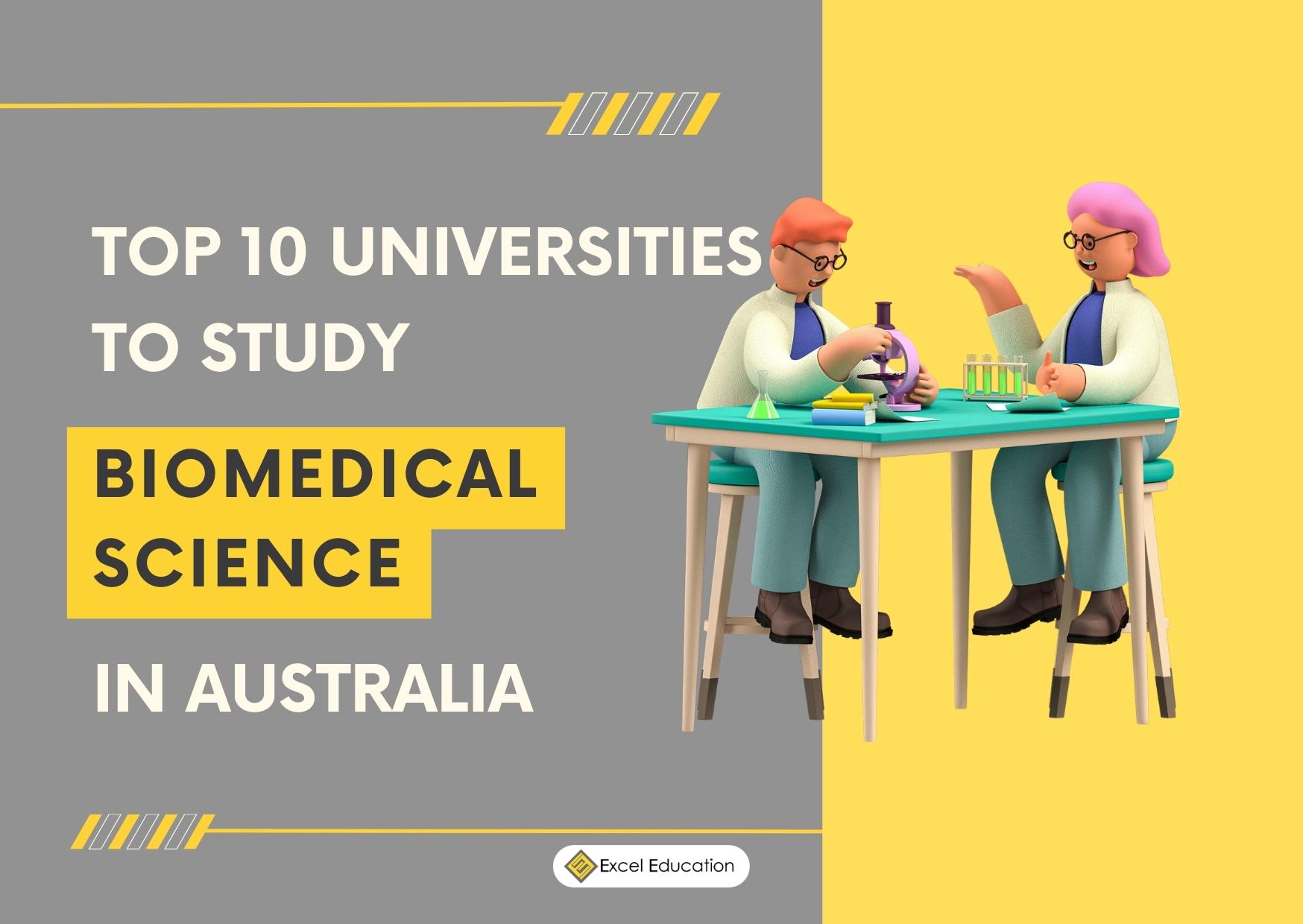
What is Biomedical Science?
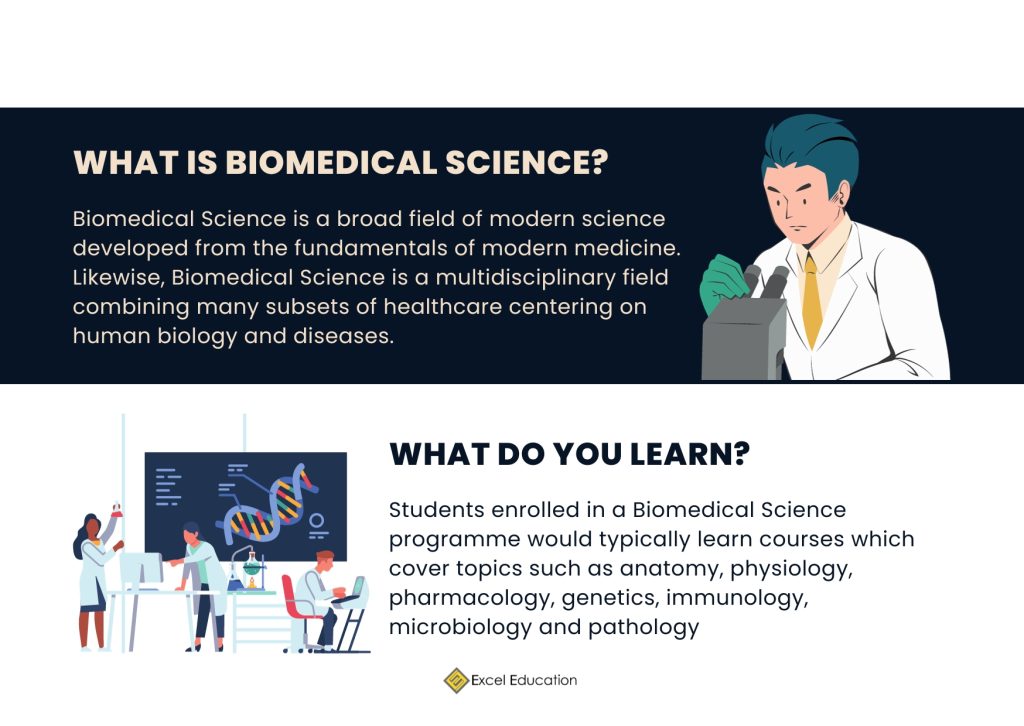
According to the Institute of Biomedical Science, IBMS, Biomedical Science is a broad field of modern science developed from the fundamentals of modern medicine. Likewise, Biomedical Science is a multidisciplinary field combining many subsets of healthcare centering on human biology and diseases. As such, Biomedical Science is vital in advancing the understanding of the human body and human diseases as well as the treatments necessary. Remember when COVID was on the rise and vaccines were needed? The field of Biomedical Science had a definite significant role in making that happen.
Then, What’s the Difference between Biomedical Science and Medicine?
A very simplified answer to that question is: Biomedical Science is more catered to research relating to human health in order to further advance the medical field. On the other hand, Medicine is more focused on patient care and direct treatment compared to Biomedical Science.
Students enrolled in a Biomedical Science programme would typically learn courses which cover topics such as anatomy, physiology, pharmacology, genetics, immunology, microbiology and pathology.
Also, What’s the Difference between Biomedical Science and Biomedical Engineering?
A brief answer to that question would be: Biomedical Engineering is focused more on healthcare equipment, software, and other healthcare problems which can be solved with engineering principles including testing artificial limbs whereas Biomedical Science centres on human health and diseases. Read our article here to further understand the difference between Biomedical Science and Biomedical Engineering.
If you’re keen with healthcare research and experiments in order to advance the field of medicine and healthcare, consider taking up the challenge of Biomedical Science and keep on reading to find out where you can start your Biomedical Science academic pursuit.
What does a Biomedical Scientist do?
Some of the primary duties of a Biomedical Scientist include designing, conducting, overseeing, reporting, and analysing, experiments or clinical trials to solve problems in the healthcare industry. For instance, they can experiment the effectiveness of a newly developed drug in treating various diseases such as cancer, AIDS, or diabetes, then analyse the results in order to develop a productive solution to the problem at hand.
Other than that, another duty of a Biomedical Scientist would be to oversee medical laboratories where they can review standard procedures and protocols for quality assurance.
Additionally, most times Biomedical Scientists would not come into contact with patients because they would generally be in the laboratories conducting their research. Biomedical Scientist positions can be found in government agencies, hospitals, private organisations, educational institutions or pharmaceutical companies.
Biomedical Science Career Opportunities
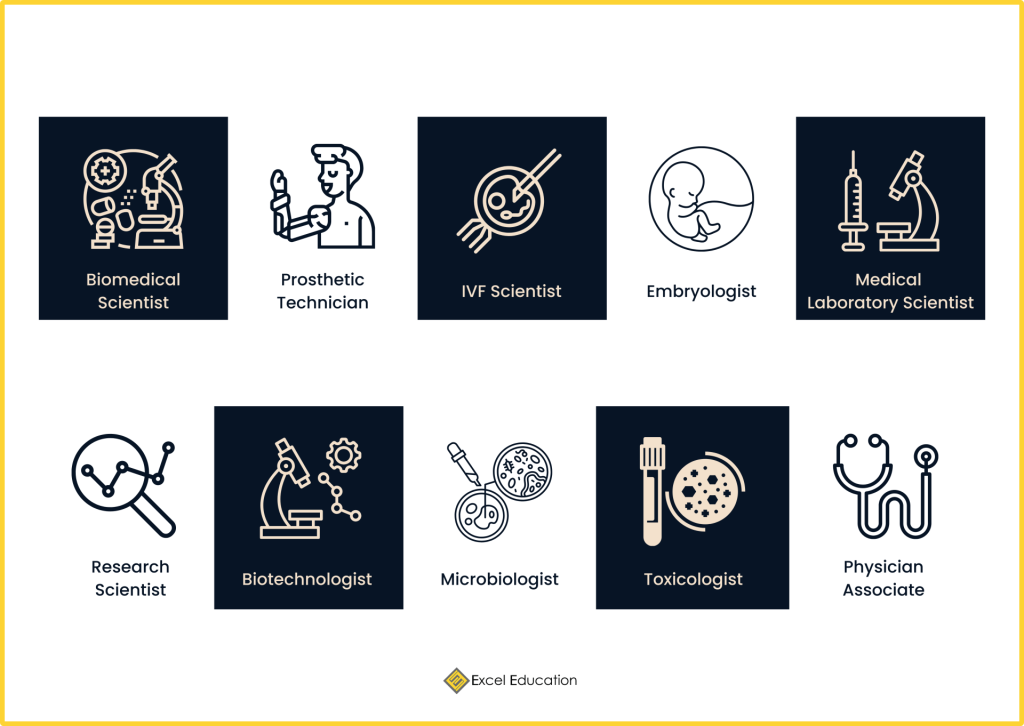
- Biomedical Scientist
- Prosthetic Technician
- IVF Scientist
- Embryologist
- Medical Laboratory Scientist
- Research Scientist
- Biotechnologist
- Microbiologist
- Toxicologist
- Physician Associate
General Requirement to study Biomedical Science in Australia
Academic Entry
Academic entry | Minimum Score |
STPM | Aggregate of 6 |
Matriculation | Aggregate of 10 |
A-Levels | Aggregate of 4.8 |
UEC | Aggregate of 19 |
IB Diploma | 24 |
Australian Matriculation (ATAR) | 65 |
Canadian Pre-University (CPU) | 50 |
Note: Universities may have different requirements. To learn more, get in touch with us!
English Language Entry Requirements
Entry Level | Minimum Score |
IELTS | 6.5 |
TOEFL | 79 |
Pearson Test of English (PTE) | 56 |
Note: Universities may have different English Language requirements. To learn more, get in touch with us!
Top 10 Universities to Study Biomedical Science in Australia
1. Monash University

Monash University is Australia’s largest public higher education learning institution with campuses in Malaysia, Italy, India, and China. Monash, established in 1958, has been placed in the top 100 over different ranking platforms proving their dedication to quality education and renowned research.
The Bachelor of Biomedical Science by Monash University is structured with a comprehensive curriculum which covers notions relating to Biomedical Science including Foundations of Biomedical Sciences, Biomedicine of Health and Diseases, Biomedicine and Society, as well as Research Methods and Techniques where students will participate in laboratory practicals in modern facilities and engage with world-leading researchers.
Programme Offered | Bachelor of Biomedical Science |
Duration | 3 Years |
Intake | February, July |
Indicative Fees (2024) | AU$ 149,400 |
Contact us right now for a free consultation if you’d like more details about the costs, the format of the programme, and the entry requirements!
2. University of Queensland
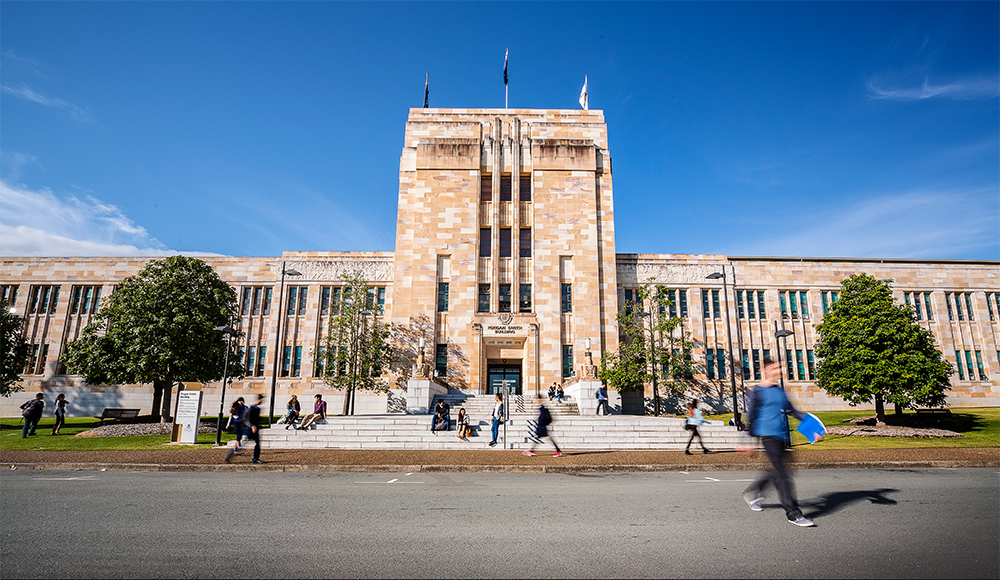
University of Queensland, typically referred to as UQ, is a prominent higher education learning institution in Australia with three main campuses across Australia. The University of Queensland, established in 1909, was one of the top 50 in the world according to QS World University Rankings 2024.
The Bachelor of Biomedical Science offered at the University of Queensland in their famous St Lucia campus, is designed with the aim of developing graduates who are well-grounded and have a wide range of knowledge when entering the professional field of modern Biomedical Science. Some of the programme’s courses include Experimental Pharmacology, Human Anatomy, among others which are linked to Biomedical Science.
Programme Offered | Bachelor of Biomedical Science |
Duration | 3 Years |
Intake | February, July |
Indicative Fees (2024) | AU$ 144,480 |
Contact us right now for a free consultation if you’d like more details about the costs, the format of the programme, and the entry requirements!
3. University of Newcastle
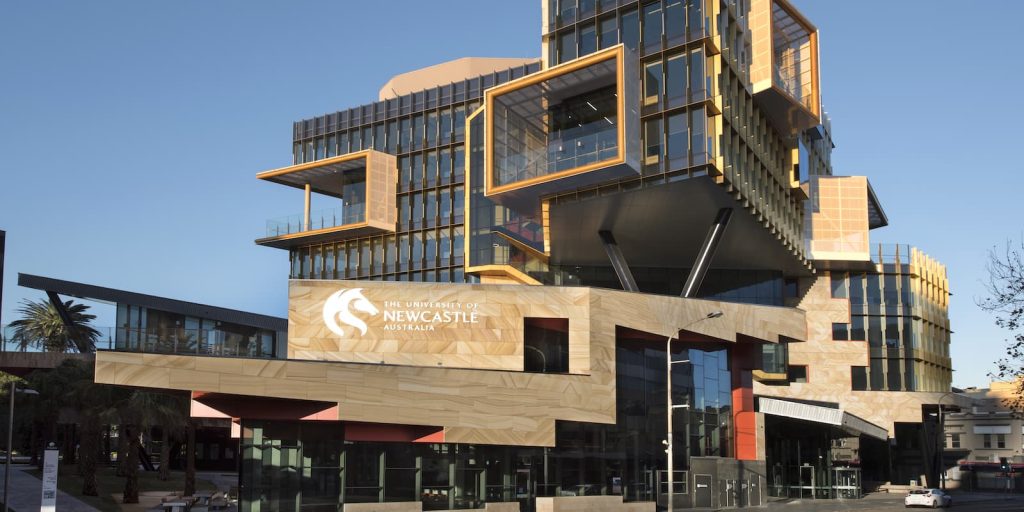
The University of Newcastle Australia, also known as UON, was founded in 1965. As of current, the University of Newcastle has five campus locations including one in Singapore. UON has three colleges and twenty schools overseeing at least 37,000 students.
The Bachelor of Biomedical Science at the University of Newcastle Australia is offered under the university’s School of Biomedical Sciences and Pharmacy. The programme includes theoretical knowledge of Biomedical Science as well as transferable skills such as problem solving, critical reasoning, and scientific methods. The programme also includes clinical placement throughout the study period.
Programme Offered | Bachelor of Biomedical Science |
Duration | 3 Years |
Intake | February |
Indicative Fees (2024) | AU$ 131,730 |
Contact us right now for a free consultation if you’d like more details about the costs, the format of the programme, and the entry requirements!
4. University of Western Australia
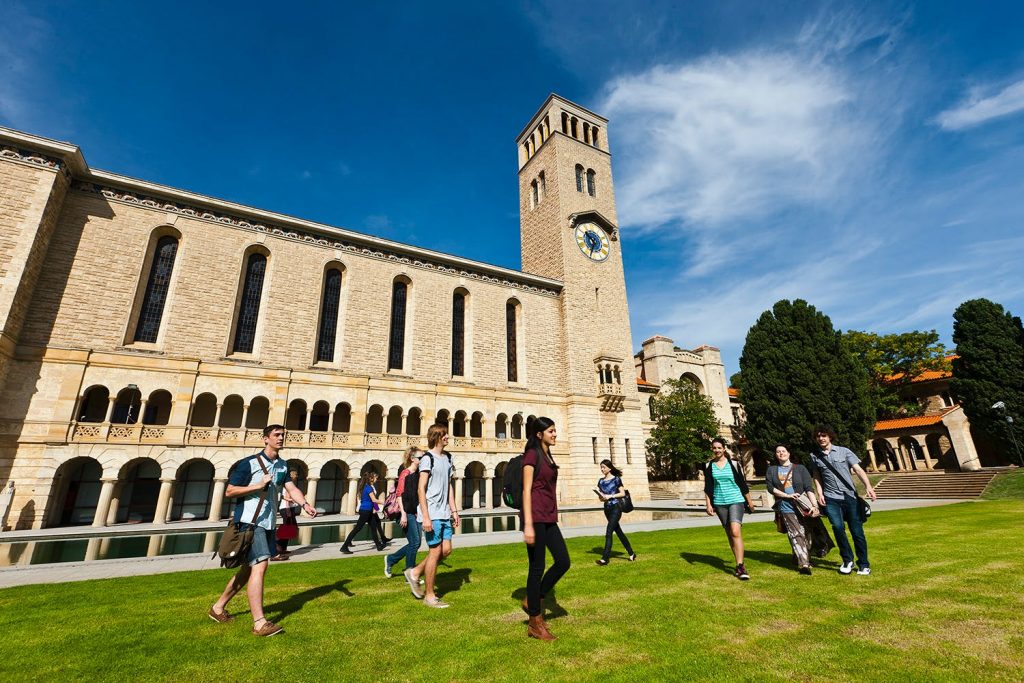
The University of Western Australia, UWA, established in 1911, is one of the public higher education learning institutions located in Australia and is the oldest university in the state. The University of Western Australia was ranked in the top 100 of universities worldwide according to the QS World University Rankings 2024.
The Bachelor of Biomedical Science by the University of Western Australia covers concepts relating to human health and Biomedical Science. Students will benefit from UWA’s world-class facilities like their Health Campus, Biomedical Sciences Teaching Laboratories, and Biomedical Sciences E-Learning Suites. Also, students of the Bachelor of Biomedical Science programme at UWA will be a part of a support network of the programme through a student-run organisation called the Health Students’ Society (HSS).
Programme Offered | Bachelor of Biomedical Science |
Duration | 3 Years |
Intake | February, July |
Indicative Fees (2024) | AU$ 138,600 |
Contact us right now for a free consultation if you’d like more details about the costs, the format of the programme, and the entry requirements!
5. Deakin University
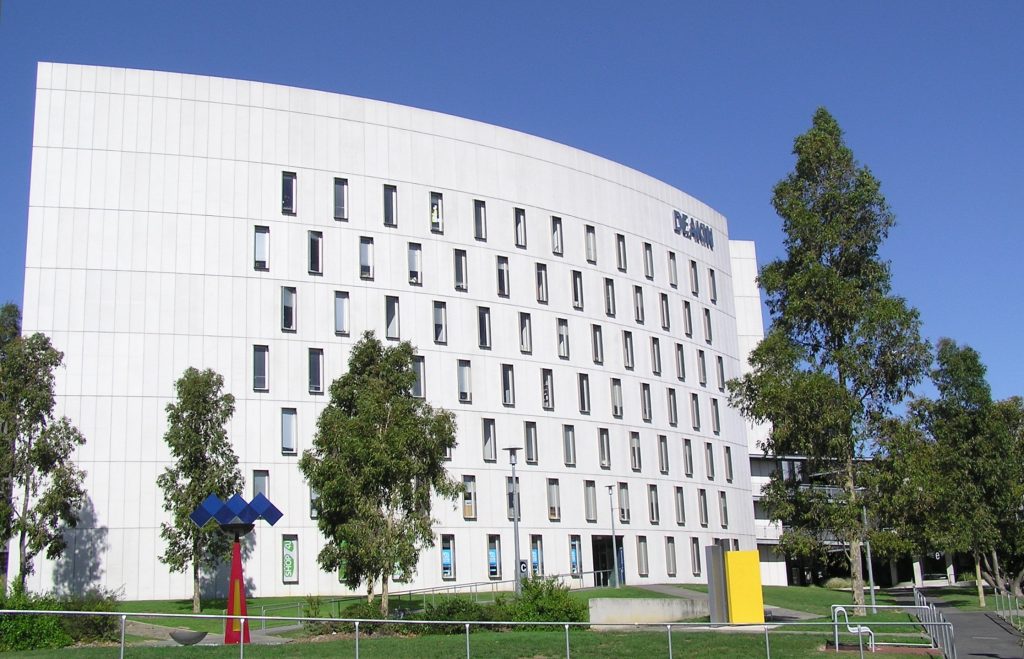
Deakin University, founded in 1974, has three campuses throughout Australia with four faculties and fourteen schools. According to the Australian Financial Review Best Universities 2023, Deakin University is placed in the seventh ranking of the list including them in the top ten universities in Australia.
The Bachelor of Biomedical Science offered at Deakin University equips their students with an in-depth understanding of human biology relating to Biomedical Science together with the skills and experience to play an important role in the diagnosis and treatment of diseases at molecular, cellular and systems levels. Students enrolled in the programme will go through hands-on training in real-life Biomedical settings and gain experience with up to 160 hours of clinical placement.
Programme Offered | Bachelor of Biomedical Science |
Duration | 3 Years |
Intake | March, July |
Indicative Fees (2024) | AU$ 122,400 |
Contact us right now for a free consultation if you’d like more details about the costs, the format of the programme, and the entry requirements!
6. University of South Australia
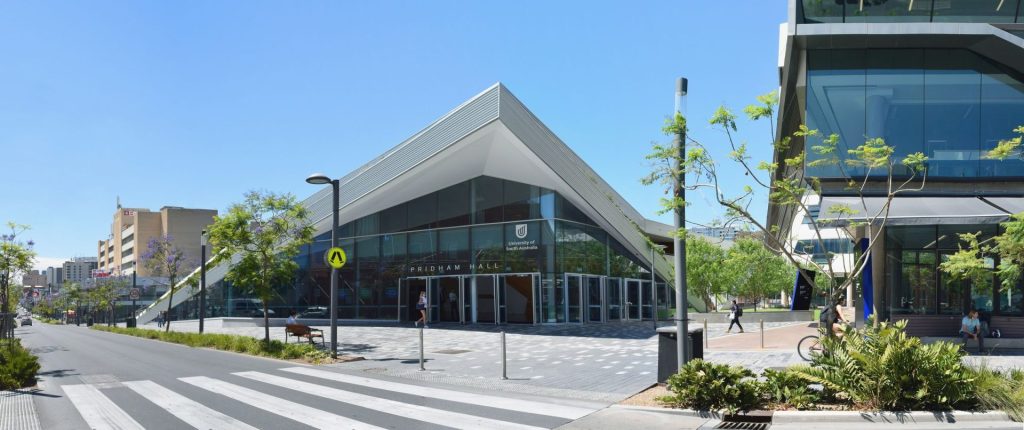
The University of South Australia, widely known as UniSA, was established in 1873. The University of South Australia is a renowned public higher education learning institution with six campuses located in Australia with recognition from multiple ranking platforms.
The Bachelor of Biomedical Science at the University of South Australia is formed with a syllabus to instil advanced knowledge of the various domains in Biomedical Science along with the opportunity to learn with internationally recognised researchers in cancer biology, vaccine development and genetics, as well as experts in the area of clinical trials. Additionally, students will have the option to participate in classes relating to clinical trials and research projects.
Programme Offered | Bachelor of Biomedical Science |
Duration | 3 Years |
Intake | February, July |
Indicative Fees (2024) | AU$ 122,400 |
Contact us right now for a free consultation if you’d like more details about the costs, the format of the programme, and the entry requirements!
7. La Trobe University
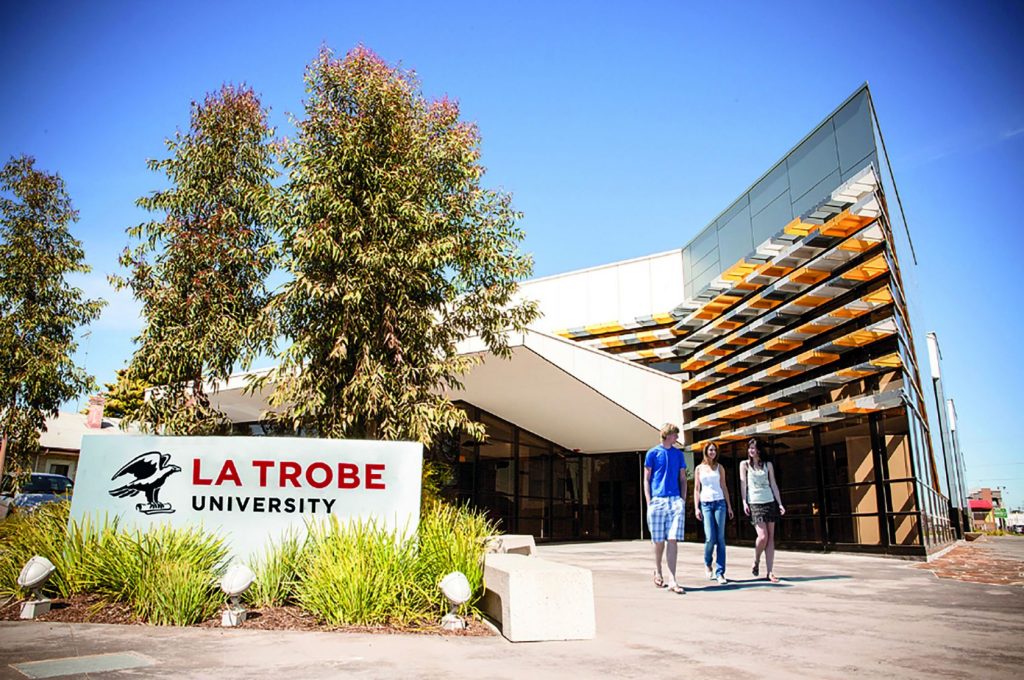
La Trobe University has a total of seven campuses located in Australia, three being metro campuses and four regional campuses. La Trobe University is a public higher education learning provider, founded in 1964, aiming to make a significant positive impact for its graduates and to emerge as a more resilient and future-focused institution.
The Bachelor of Biomedical Science by La Trobe University is committed to invigorate its students with expertise across Biomedical Science domains including metabolic biochemistry, pharmacology, immunology among others. In the final year of the study, students are able to learn applied knowledge as well as undertake elective placements and hands-on experiences in a research laboratory.
Programme Offered | Bachelor of Biomedical Science |
Duration | 3 Years |
Intake | March, July |
Indicative Fees (2024) | AU$ 121,800 |
Contact us right now for a free consultation if you’d like more details about the costs, the format of the programme, and the entry requirements!
8. James Cook University
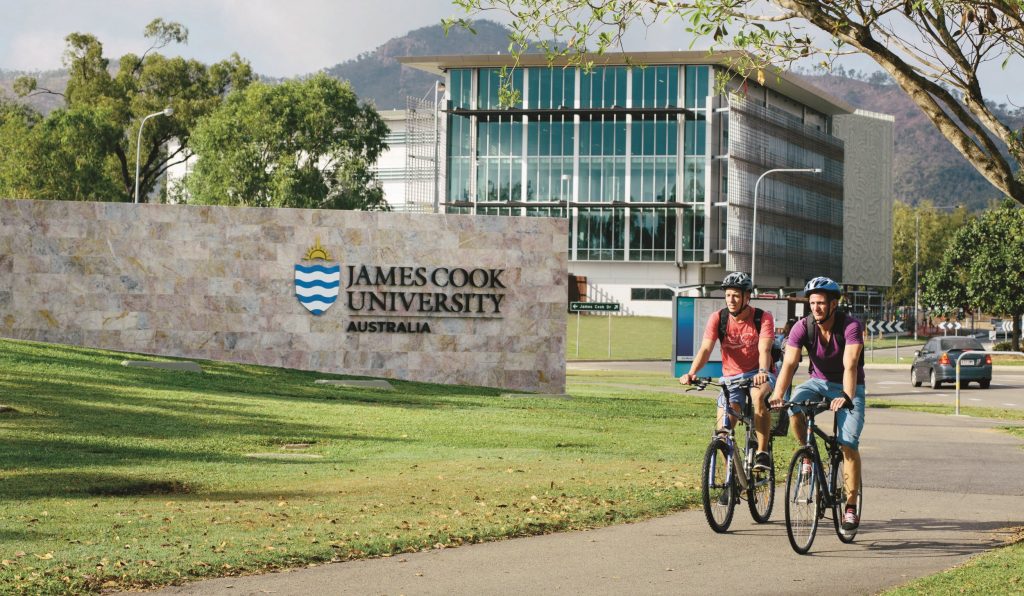
James Cook University, or JCU, is a public higher education learning institution established in 1961. James Cook University has a total of four campuses with one campus being located in Singapore. JCU is known as the second oldest university in Queensland driven by the belief aiming to empower students for them to realise their potential and contribute to communities and society as a whole.
The Bachelor of Biomedical Sciences offered at the James Cook University is available at their Townsville campus in Queensland, Australia. Students enrolled in the Biomedical Sciences undergraduate programme at JCU will be given the latitude to explore multiple fields under Biomedical Science for them to recognise a career pathway they deem fit. JCU has small-sized classes with opportunities for hands-on learning from the first year of the study duration.
Programme Offered | Bachelor of Biomedical Sciences |
Duration | 3 Years |
Intake | January |
Indicative Fees (2024) | AU$ 117,840 |
Contact us right now for a free consultation if you’d like more details about the costs, the format of the programme, and the entry requirements!
9. Griffith University
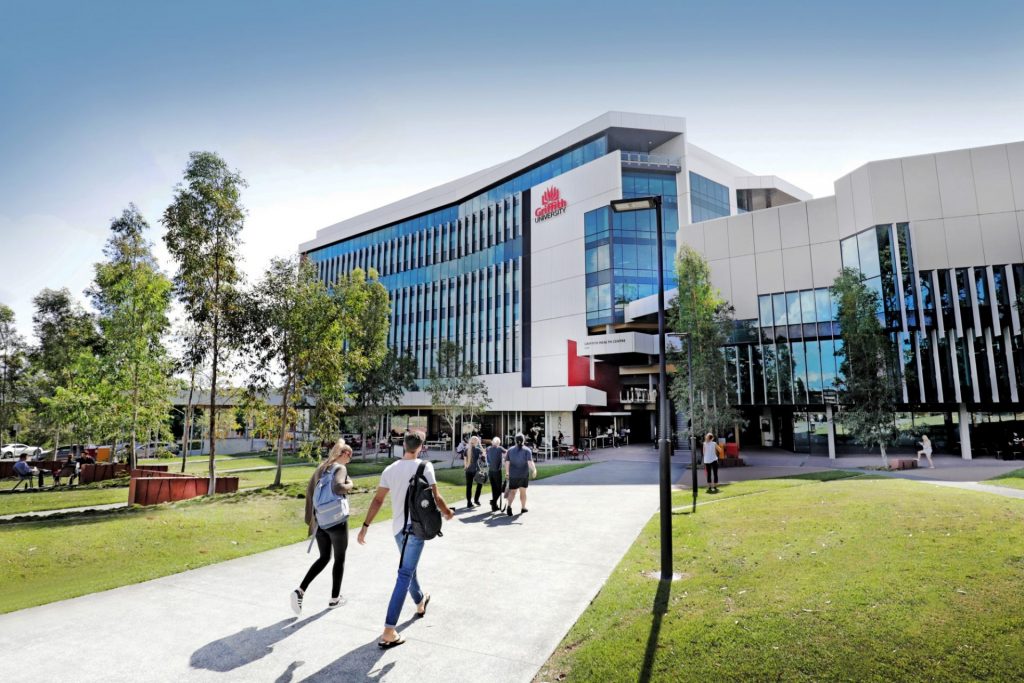
Griffith University is a reputable higher education learning institution with five campuses across South East Queensland, Australia. Griffith University was established in 1975, with over two hundred offered degrees in a wide array of study areas. Griffith University is a dominant choice for international students due to its vibrant and diverse campus community.
The Bachelor of Biomedical Science at Griffith University has a thoroughly designed course structure where students will learn knowledge regarding Biomedical Science. In the first year of the programme, subjects will be on basic sciences based on the fundamentals of Biomedical Science and the latter years of the programme will centre on advanced aspects of the clinical and Biomedical Sciences. Learning will be conducted with a hands-on, laboratory-based approach.
Programme Offered | Bachelor of Biomedical Science |
Duration | 3 Years |
Intake | March, July |
Indicative Fees (2024) | AU$ 117,000 |
Contact us right now for a free consultation if you’d like more details about the costs, the format of the programme, and the entry requirements!
10. Curtin University
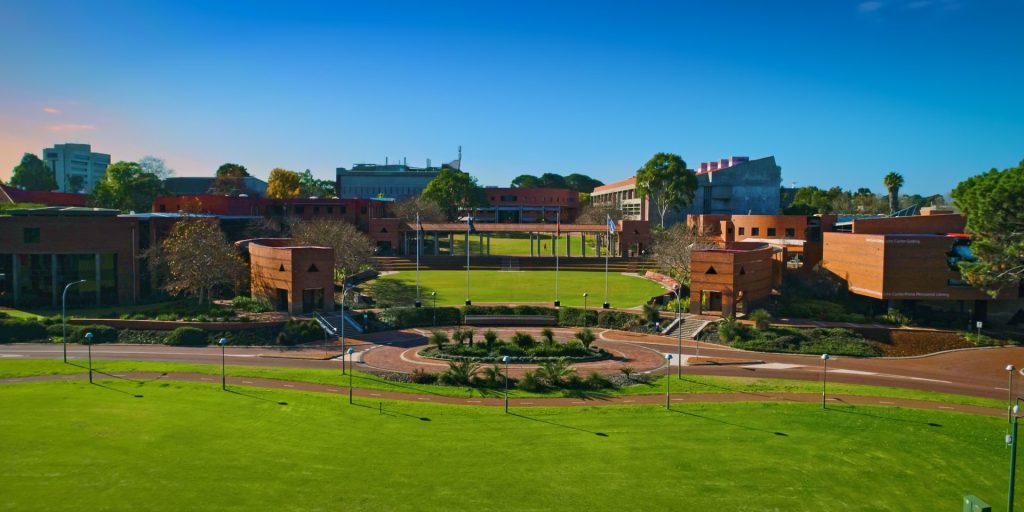
Curtin University is a notable public higher education learning institution in Australia founded in 1966 with nine campuses globally and more than 70 research centres. Curtin University has been placed in the top 200 universities in the QS World University Rankings 2024.
The Bachelor of Biomedical Sciences provided at Curtin University will permit students to explore foundation studies in areas of Biomedical Science including human biology, genetics, cell biology, and immunology and proceed to more specialised majors including Human Biomedicine, Molecular Genetics, and Pharmacology, in the second and third years of the programme. The programme emphasises on combining theory with intensive hands-on and practical sessions allowing students to work on real-world scenarios.
Programme Offered | Bachelor of Biomedical Sciences |
Duration | 3 Years |
Intake | February |
Indicative Fees (2024) | AU$ 116,555 |
Contact us right now for a free consultation if you’d like more details about the costs, the format of the programme, and the entry requirements!
For more information regarding the university, programs offered, entry requirements and fees, contact Excel Education.
About The Author

Hannah Hir
Hannah appreciates various art forms, especially Asian literature, film and music. Most of her favorite Malaysian kuihs are green-coloured.

